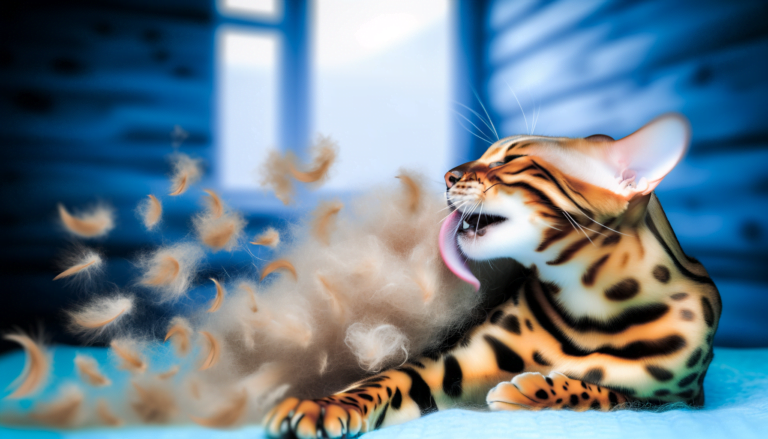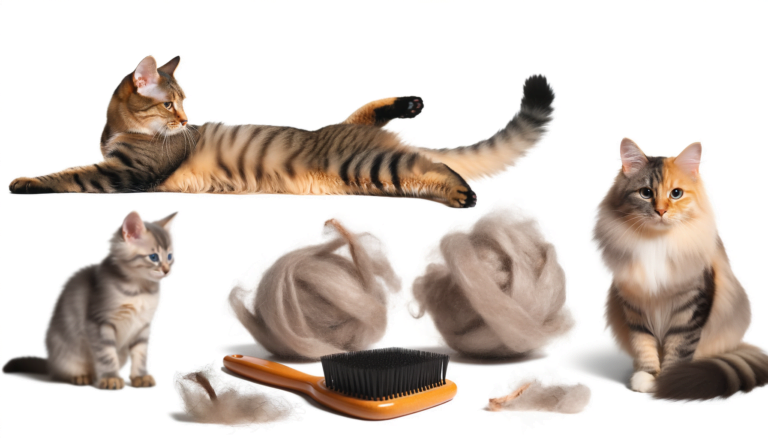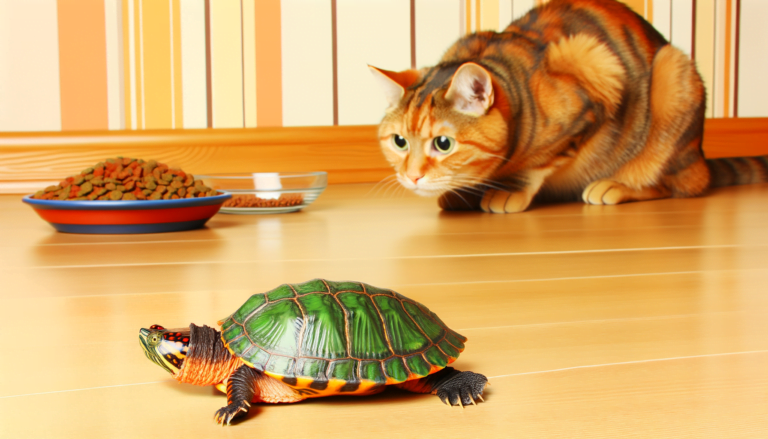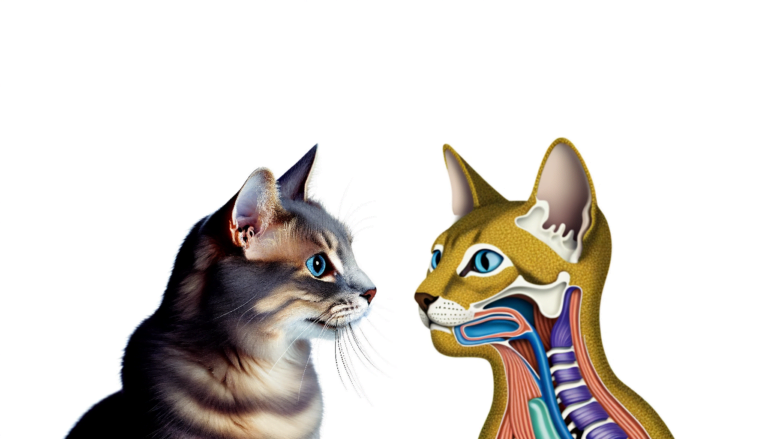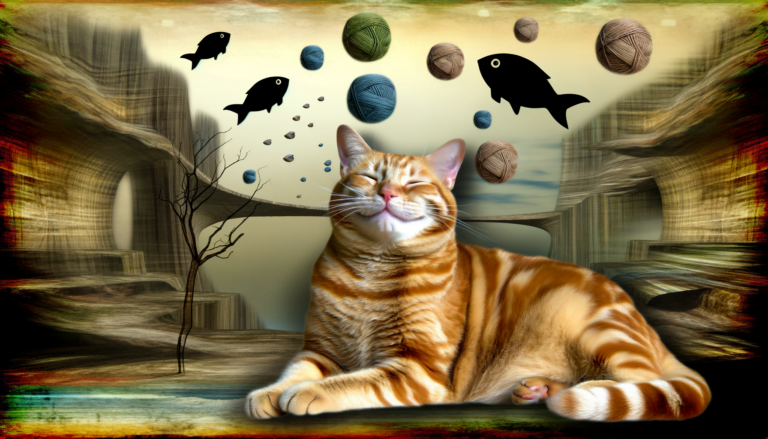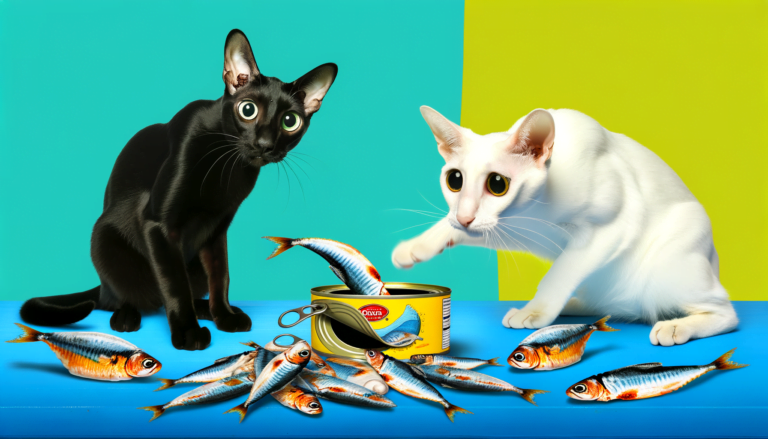Unveiling the Truth: Do Bengal Cats Really Shed?
Yes, Bengal cats do shed, albeit less frequently than many other breeds. Their uniquely fine and dense fur is less prone to shedding, making them an appealing choice for individuals who have minor concerns about cat allergies or who wish to minimize cat hair around the house. Nevertheless, like all cats, Bengals naturally lose and replace hair, so some shedding should be anticipated. Regular grooming can help manage this and keep your Bengal’s coat healthy and gleaming.
